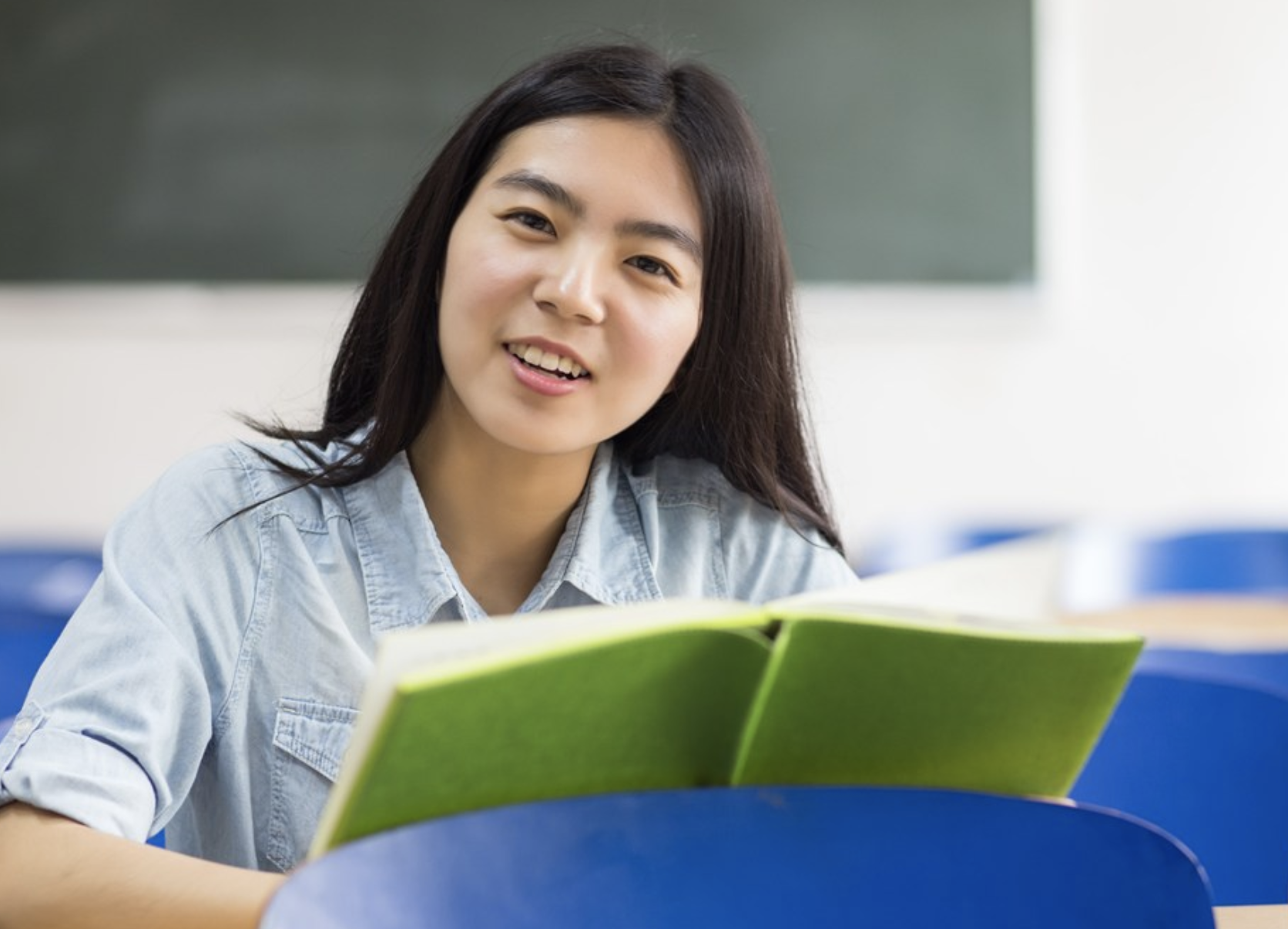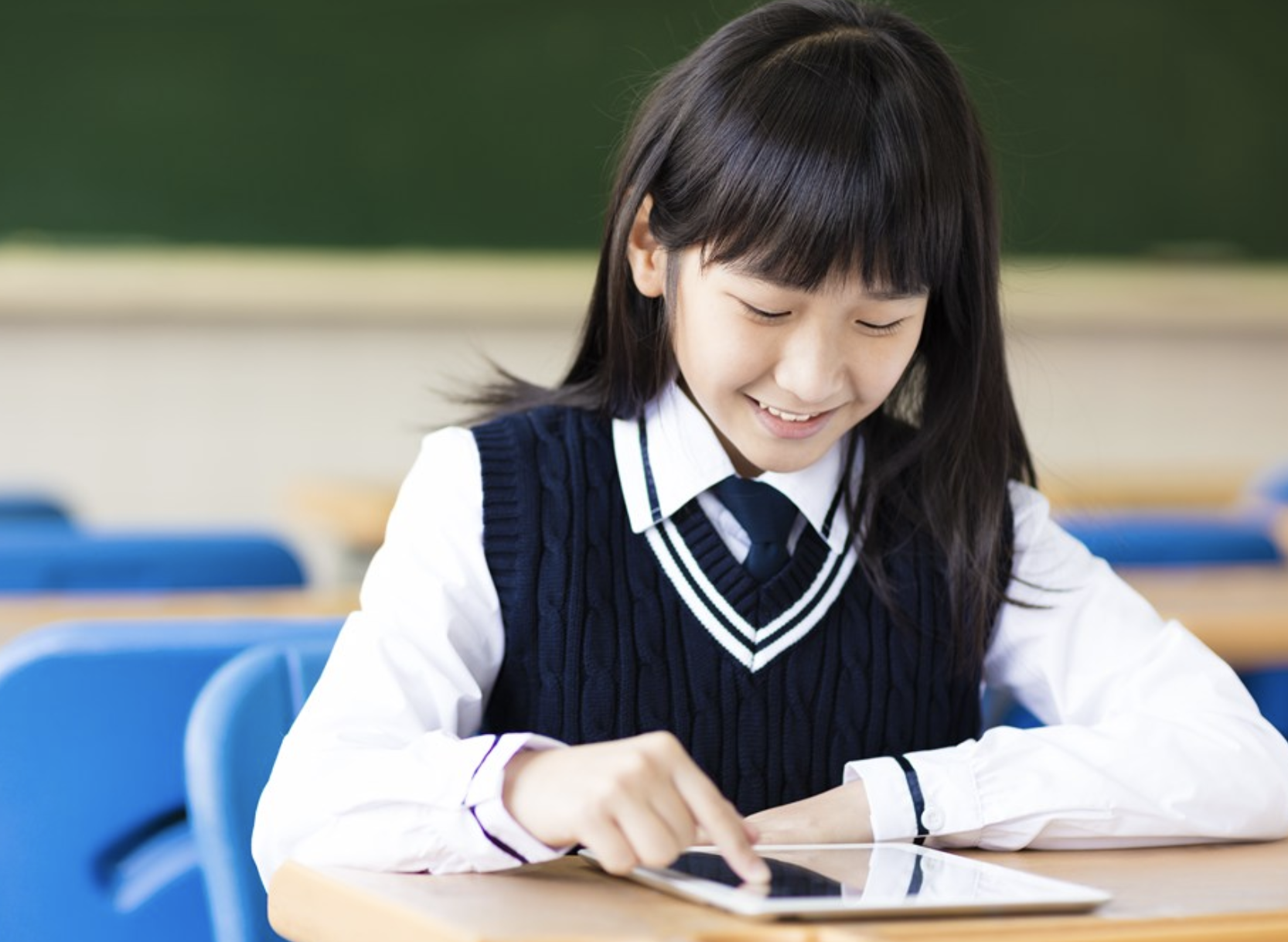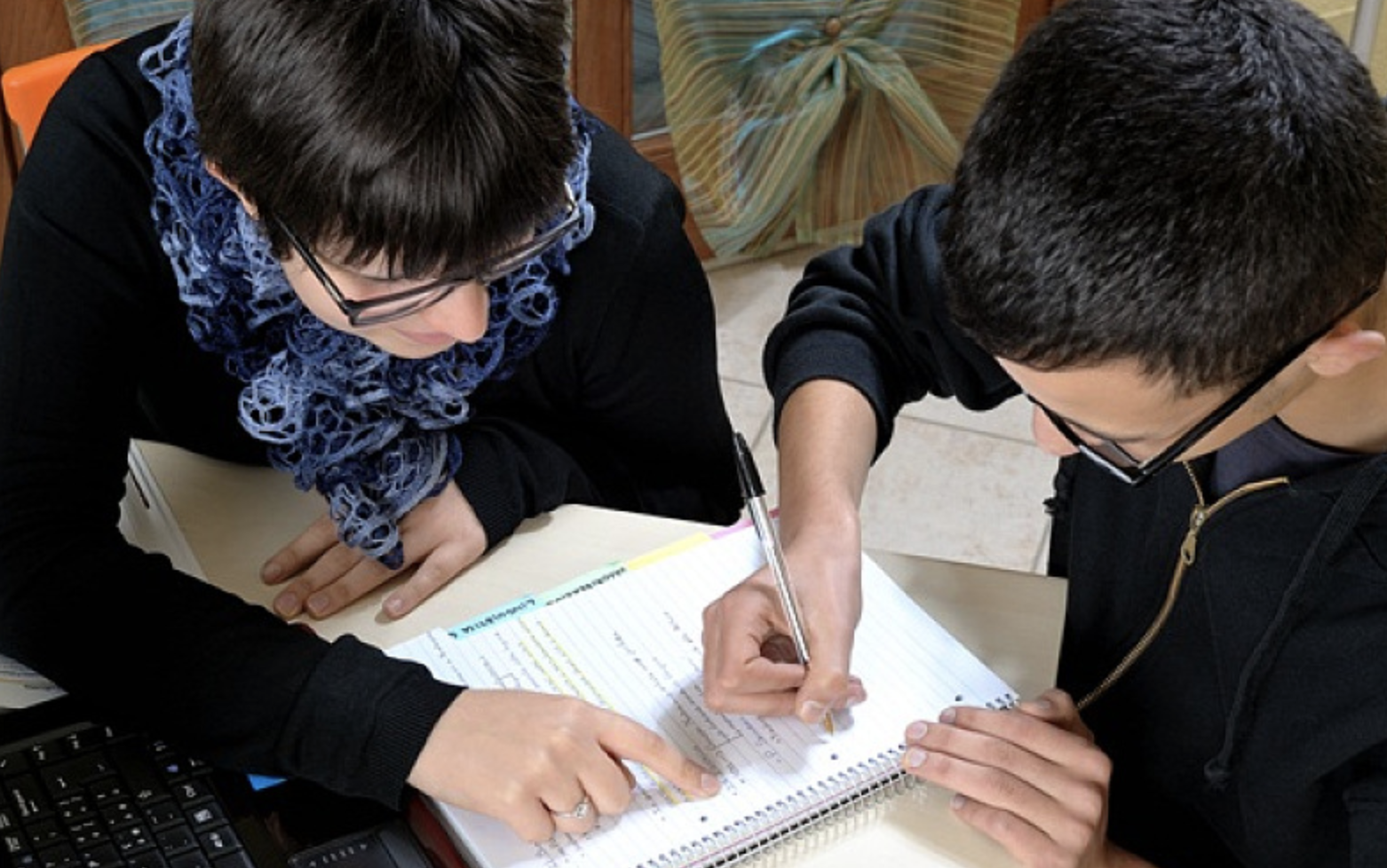
Those taking their GCE will find their assessment tasks reduced due to the changes brought by the COVID-19 outbreak to the country’s education sector.
Early this month, the Singapore Examinations and Assessment Board announced that the reduction will involve 12 subjects out of the 34 subjects that have a coursework requirement.
The subjects that will be affected are as follows:
- N(T)-Level Food Studies
- N(T)-Level Music Syllabus T
- N(T)-Level Design and Technology (Revised)
- N(A)-Level Design and Technology (Revised)
- N(A)-Level Food and Nutrition
- N(A)-Level Design and Technology (Legacy)
- O-Level Design and Technology (Revised)
- O-Level Design and Technology (Legacy)
- O-Level Exercise and Sports Science
- O-Level Food and Nutrition
- O-Level Drama
- A-Level H2 Theatre Studies and Drama
Previously, only Music (N(T)-Level) and Exercise and Sports Science (O-Level) were adjusted because of the pandemic.
According to the SEAB, the reduction aims to reduce the stress levels of both teachers and students without changing the essence of the assessment.
They also said that the “circuit breaker” measures have affected the deadlines for courseworks that were originally scheduled around the end of July to the beginning of August.
Teachers will also be working on helping their students with their preliminary examinations once schools reopen. The SEAB added that they considered if students need to use school facilities to complete their course work before they announced the reduction.

Student and Teacher Reactions
Teachers have commented regarding the new adjustments for the GCE.
Some were relieved with the new changes and said that it will allow students to focus more on the written exams and their students. However, there is a lingering regret that students won’t be able to do their projects with their peers.
There are also comments regarding the difficulties of logging a child’s progress for physical assessment, especially if it requires teacher monitoring and approval. If you wants to learn how to assess your child’s education progress without exams, check out this article.
Students, meanwhile, are also relieved that there were adjustments done by the SEAB for assessments.
It allows students to focus on one subject or sport without having to worry about the assessment. However, they are uncertain about the weightage for their subjects because their practical requirements account to a majority of their grades.
The SEAB responded to these concerns and said that the weightage will be adjusted accordingly to meet with the current changes. Special provisions will also be made to help the exam board with assessment by using previous student footage or timings.

Tips for an Effective Home Study during the coronavirus pandemic
With the changes to your child’s curriculum, it is important that your child is able to focus on their studies while they are at home.
It can be hard to do so because they will be distracted by the things around them. Some may even find it hard to study because they know they can submit their tasks at a later time.
If you want to help your children practice effective home study during this pandemic, here are five great tips that can help.
Clean the study space
If your child has a study space in their bedroom or study room, you can inspire them to study by decluttering them and add new books, study tools and a laptop or computer for them to use. You should also remove everything that has nothing to do with their studies from their study space such as game consoles and toys.
If your child doesn’t have a study space, look for a place in the house where they can study regularly. Make sure the space is clear from any distractions and quiet during their study time.
Once they are finished, tell them to clean the space so the space can be used for its original purpose.
To make the transformation simpler, have your child place their things in a container to keep their things in one place and make it easy to move when needed.
Tell everyone at home that the child will be studying
Your child won’t find it easy to study if everywhere around them is noisy and people distract them constantly.
When it’s time for your child’s study time, have everyone in the house clear away from their study room and ask them not to disturb during this time.
If you have little kids at home who may want to play with their siblings, have an activity to distract them throughout your child’s study time. Help your child to study without distractions as much as possible.
Remove and block out any distractions
If it is unavoidable that there will be background noise that may distract your child as they study. These background noise may include outside activity, a nearby television set that is open in a nearby room and many others.
If you can, have your child play their favourite music and use headphones to block the sound out. Of course, make sure the music they select won’t be distracting and inspire your child to study. Or get a good pair of noise canceling headphones to block out the noise.
If you need further advice on how to get young children to pay attention and ignore distractions, here are some tips.
Focus on the task at hand
During study time, your child must focus on their task to maximise the benefits of study time.
Have them start with their favourite subject and let them go from there. If they can’t focus well, you can tell them to take a breather and try again when they are ready.
Here is a helpful guide on how to improve your child’s study habits.
Have realistic goals
Finally, if you want their home study to be a success, you should make sure that they have study goals like the ones here, they can work with.
For example, if they aim to study 5 hours every day while juggling their extra-curricular activities, they must be able to do this without fail.
If you think their extra-curricular activities are affecting their focus, have them step back from these activities until they get their studies back on track.
If you think your child needs extra guidance, reach out to us right away for a personalised tutorial experience.
Conclusion
With the pandemic pushing studies to be done at home and reducing the amount of topics your child has to study, you should help your children take advantage of the available opportunities to expand their learning.
Even if the topic won’t be required anymore due to the reduction adjustment, inspire them to study them still because they never know where they will use the knowledge in the near future.
Here are some guidelines in studying for N and O Levels:
7 Tips to use ‘Situational Writing’ to Score Well in N-Level English Composition Writing Exams
How Do You Prepare For Singapore GCE O-Level As A Private Candidate?
